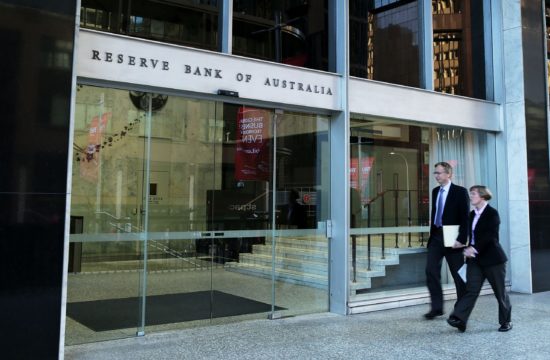Following the government announcement that COVID-19 Level 4 alert will be introduced from 11.59pm on 25 March only essential services will be permitted to remain open at a central place of business.
The Government determined that financial services are essential services. These are banking, insurance and other financial institutions which are deemed to be essential services and exempt from the directive to close.
The Council of Financial Regulators (CoFR) have consulted with the Government to provide detail on those financial services that should be considered to be essential services. This includes all financial institutions that are essential to ensure continue operation of our financial system and access to this system for all New Zealanders. This includes (but may not be limited to) the following:
| Financial Services deemed essential financial services | Identified essential functions include |
| Banking services/NBDT/Credit Unions
Applies to all registered Banks and Non-Bank deposit takers listed in the following registers: Register of Registered banks in New Zealand
|
Banks and Non-Bank Deposit Takers will have the ability to continue to support customers (new and existing), as applicable, with access to deposits and credit, ATM’s for cash withdrawals, credit/debit cards, EFTPOS, foreign exchange, make domestic and international payments and process cheques. Access to mobile, phone and internet banking and call centres will be continued. We would encourage use of electronic channels wherever possible to limit the need to go into branches. Operators of and critical service providers to Banks, NBDT’s plus payment and settlement systems operating in New Zealand that are needed to support the banking sector and the abovementioned will also continue to operate |
| Insurance services – applies to all licensed insurers in the following register:
|
Applies to all licensed insurers – life, non-life and health. Ongoing transactions/customer needs for access to insurers will include changes to policies, claims, policy renewals, which may be at a significantly higher levels than business as usual, as well as some new business, which places ongoing reliance on brokers/financial advisers. Ongoing requirements to manage financials, financial impacts, claims etc. requires access to actuaries, lawyers, trades, loss assessors etc.We anticipate that Essential Supply chain functions may include:
Brokers (noting direction that financial advice is non-essential, advisers should work from home or engage with clients over the telephone/internet) IT/telephony support companies Database/data support services Postal service External actuaries External legal firms Accounting firms Loss assessors Loss adjustors Vehicle repairers Trades – e.g. builders, plumbers, electricians, painters Access to replacement parts for claims settlement (e.g. potentially any household or business item including building supplies Access to new vehicles (car insurance claims) Access to medical records through doctors’ surgeries Psychologists, counsellors etc. (mental health claims) Access to medical laboratories for medical tests Private hospitals and associated staff/professionals Access to external medical specialists. The expectation is for industry to focus on making repairs to buildings and vehicles and replace goods that are necessary for provision of essential services and to maintain health and safety of homes. |
| NZX | Facilitating access to capital, ensuring fair and orderly secondary trading, providing price discovery for capital raising mechanisms, ability for investors to liquidate investments as required. |
| Broking services | Facilitating the effective running of an orderly market, enabling secondary trading, enabling access to capital for businesses and investment/return of capital for investors. |
| Payment and settlement system providers | Ensuring smooth and orderly running of capital markets. |
| Fund managers and investment management | Enabling access to capital for businesses and investors. |
| KiwiSaver providers | Enabling and managing KiwiSaver hardship claims |
| Administration support services | Ensuring smooth and orderly running of capital markets. |
| Licensed Supervisors | Enabling and managing KiwiSaver hardship claims |
| Custodians | Ensuring smooth and orderly running of capital markets. |
| Credit rating services | Enabling the flow of capital to businesses and consumers |
| Finance Companies | Enabling the flow of capital to businesses and consumers. |
| Registry Services | Enabling smooth and orderly running of capital markets. |
Financial services firms should decide what operations and infrastructure are essential to maintain customer services and to support the financial system, including engaging with regulators/ government as appropriate. While we expect some functions will be able to be performed remotely, a limited number of staff may be required to be onsite. Firms should keep these numbers to an absolute minimum and maintain physical distancing protocols.
Financial advice is not covered by the definition from the Government of workplaces/offices that need to remain open, but it clearly remains an important service. Our expectation is that most financial advisers should be able to work from home, with no need to staff offices.
CoFR agencies note the NZBA’s media release on opening arrangements for banks. This approach should be used as the basis for operations for credit unions and non-bank deposit takers who operate branches.














